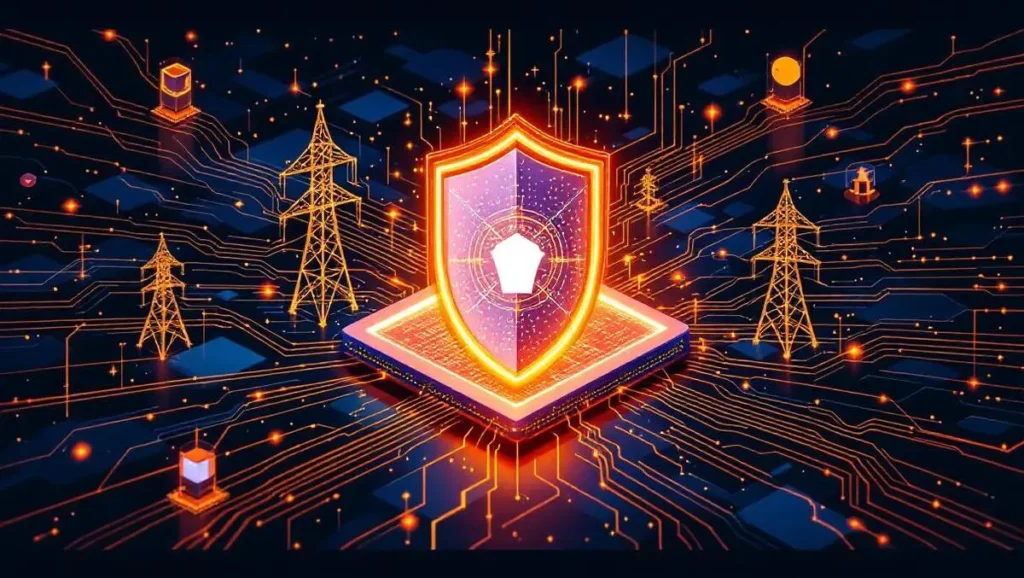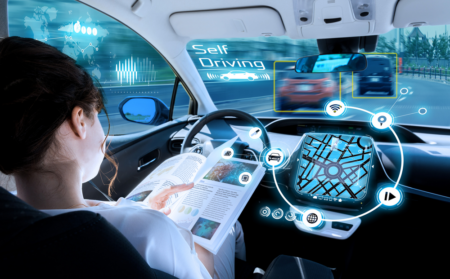AI support at cybersecurity plays a crucial role in strengthening by detecting, analyzing and responding to threats faster than traditional systems. AI-powered tools can process massive amounts of data in real time, identifying unusual patterns and potential breaches that might go unnoticed by humans. This enables organizations to prevent cyberattacks before they cause serious damage.
Moreover, AI enhances threat intelligence through machine learning algorithms that continuously learn from new data. These systems can predict emerging threats, automate incident responses and improve overall defense mechanisms. AI also assists in vulnerability management by identifying weak points in networks and suggesting timely solutions, thereby reducing the risk of exploitation.
In addition, AI supports security teams by reducing their workload and increasing accuracy. Automated systems handle routine monitoring , freeing human experts to focus on complex security issues’ As cyber threats evolve, AI remains a vital ally in ensuring faster detection, adaptive defense, and stronger protection for digital infrastructure.
THE ROLE OF AI IN MODERN CYBER DEFENSE
AI plays a crucial role in modern AI support at cybersecurity by enhancing the ability to detect, prevent and respond to cyber threats in real time. Through machine learning and data analysis, AI systems can identify unusual patterns, predict potential attacks and automatically respond to breaches.
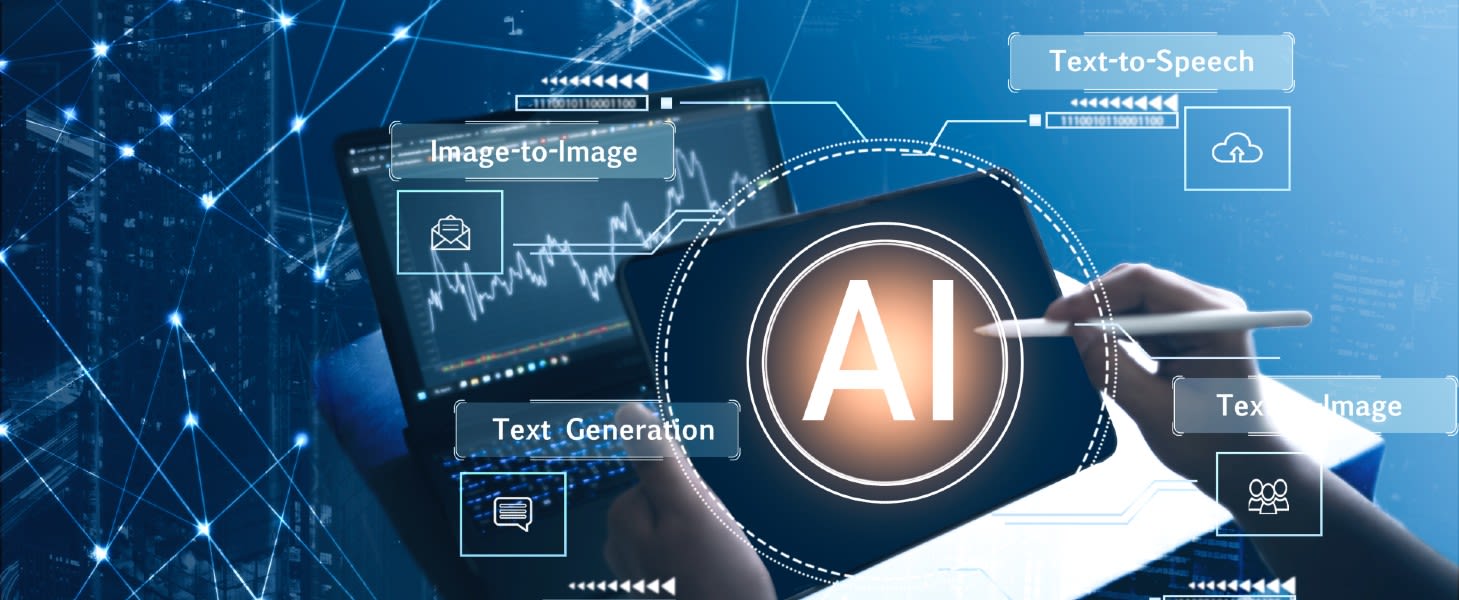
Moreover, AI supports cybersecurity teams by reducing the manual workload and improving threat intelligence. It continuously learns from new data, adapting to evolving threats and helping organizations strengthen their digital defenses against increasingly sophisticated cyberattacks.
INTEGRATING AI WITH HUMAN CYBERSECURITY TEAMS
Integrating AI with human cybersecurity teams in AI support at cybersecurity, enhances threat detection and response by combining machine precision with human judgement. AI systems can process vast data volumes, identify anomalies and predict potential attacks faster than human analysts. This allows cybersecurity professionals to focus on complex decision-making and strategic planning, strengthening overall defense mechanisms.
Read also: AI Boom Creates A Different Future for Business Around the World
Moreover, collaboration between AI and human teams fosters adaptive learning and continuous improvement. While AI handles repetitive monitoring tasks, human experts interpret nuanced threats, make ethical decisions and fine-tune algorithms. This partnership created a proactive cybersecurity environment capable of countering evolving digital threats.
ETHICAL AND PRIVACY CONCERNS IN AI CYBERSECURITY
Ethical and privacy concerns in AI support at cybersecurity, arise from how AI collects, analyzes and uses sensitive data. AI systems can expose personal information or make biases decisionsif not properly monitored. This raises issues about accountability, fairness and transparency in automated security processes.
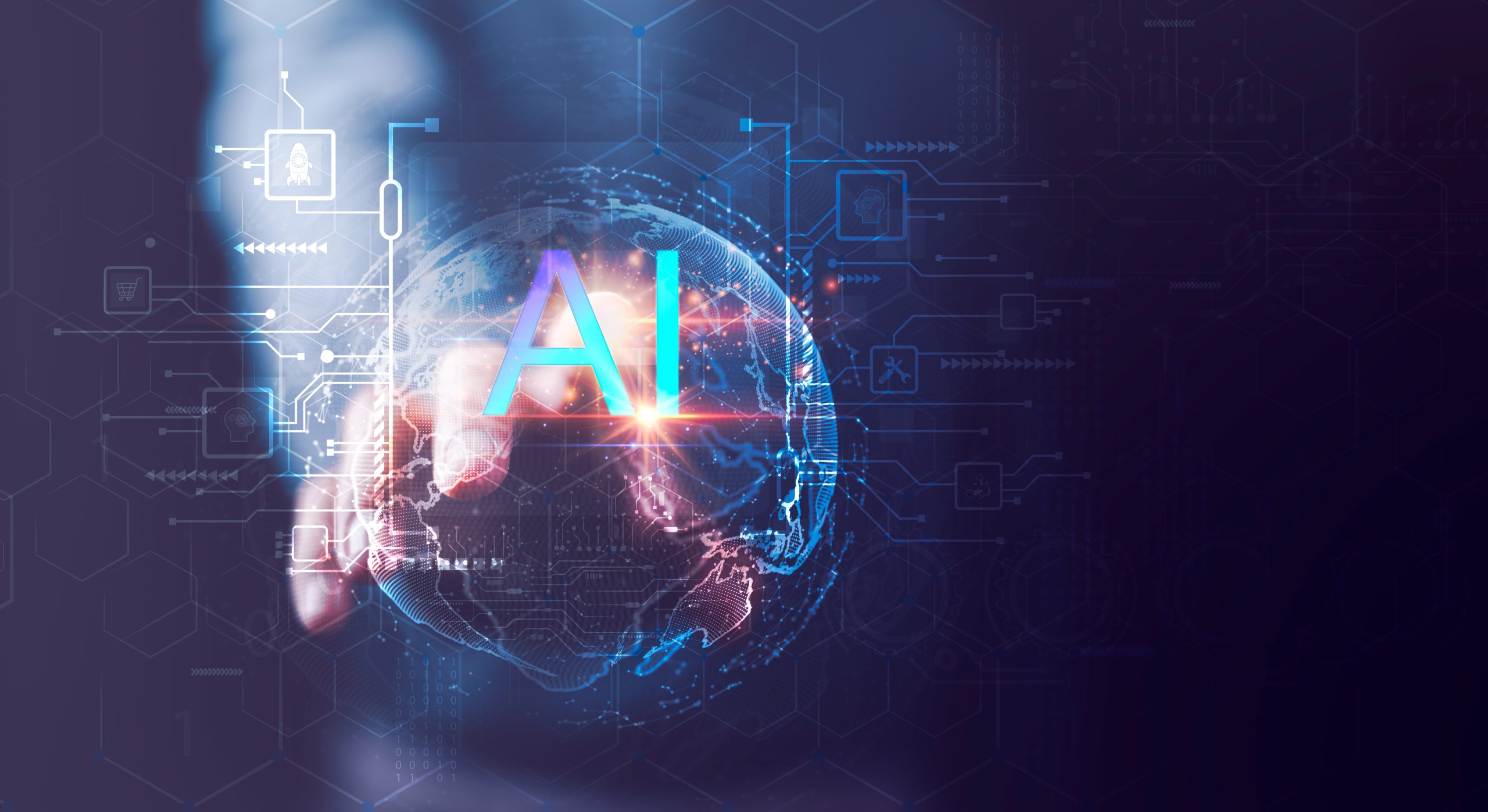
Moreover, the use of AI survailance and threat detection can threaten user privacy. Balancing data protection with security needs requires strong regulation s, ethical guidelines and responsible AI governance.
Read also: Explore 10 New Smart Devices That Make Your Life Easier
FUTURE TRENDS: THE EVOLUTION OF AI-DRIVEN CYBERSECURITY
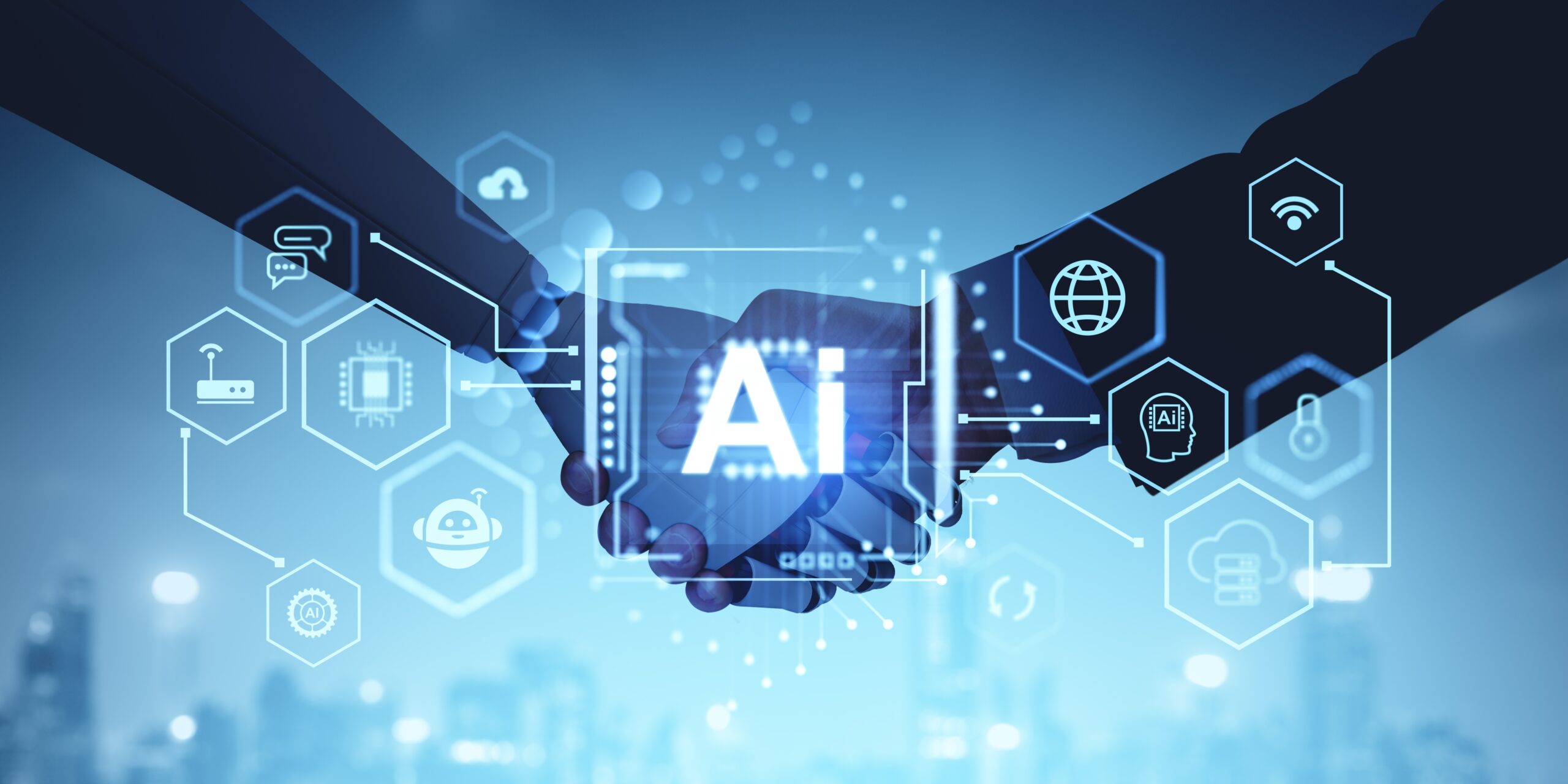
In AI support at cybersecurity, this future trend is set to transform how organizations detect and respond to digital threats. With advanced machine learning algorithms, AI systems will predict attacks before they occur, automating defense mechanisms and reducing human error. These intelligent tools will enhance real time monitoring and strengthening proactive threat prevention strategies.




